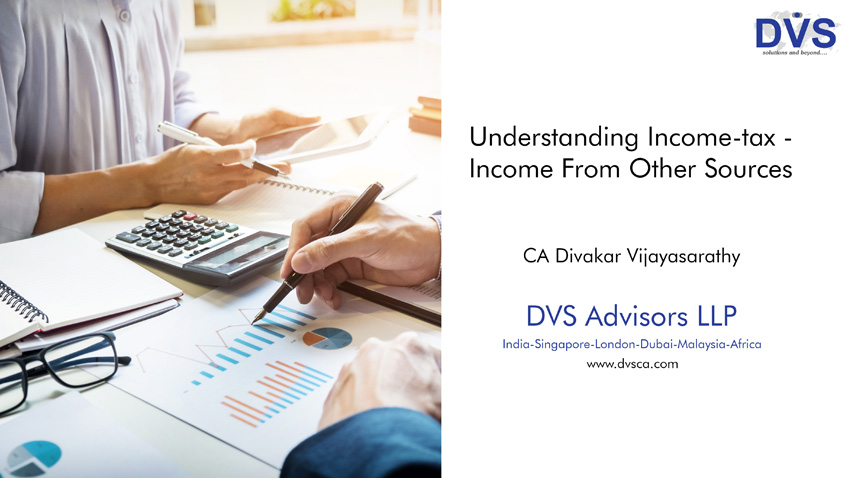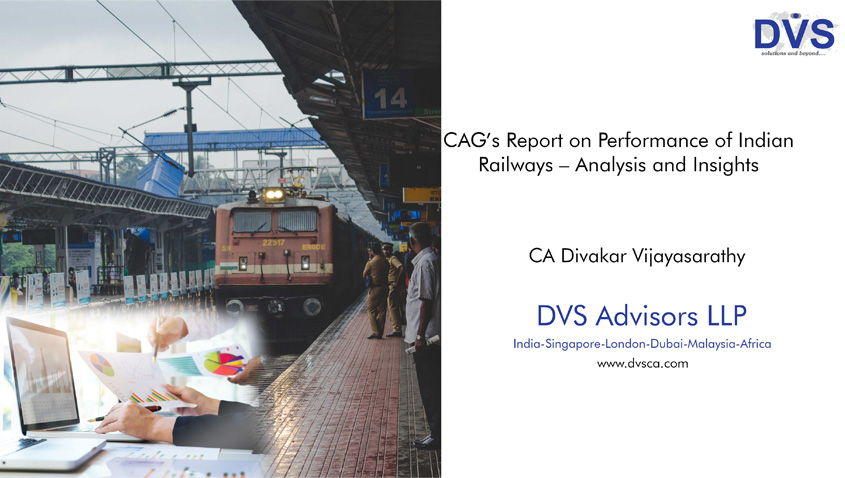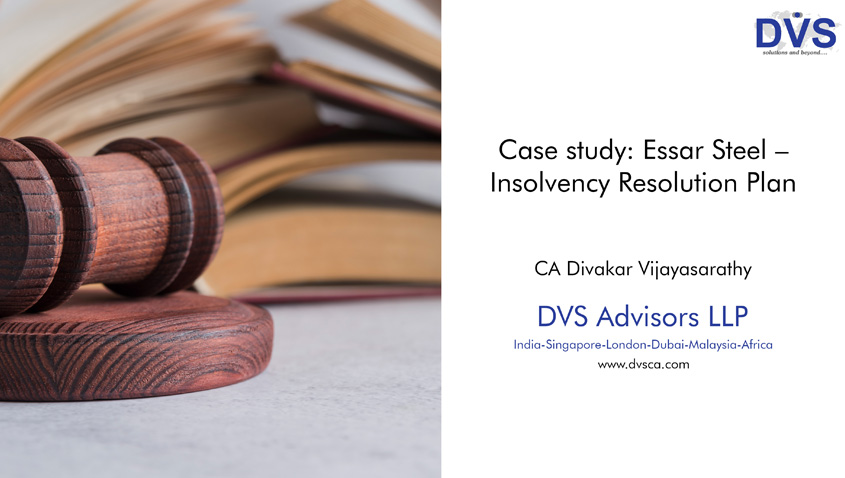The provision of withholding requires every person who is responsible for payment of anyspecified sum to any person shall deduct tax at source at the prescribed rate and deposit it with the Central Government within specified time if the sum exceeds the prescribed amount.
In order to rationalise the rates and base for TDS provisions, the existing threshold limit for deduction of tax at source and the rates of deduction of tax at source are proposed to be revised as mentioned in following tables respectively
INCREASE IN THRESHOLD LIMIT OF DEDUCTION OF TAX AT SOURCE ON VARIOUS PAYMENTS MENTIONED IN THE RELEVANT SECTIONS OF THE ACT
|
Present Section |
Heads | Existing Threshold Limit (Rs.) |
Proposed Threshold Limit(Rs.) |
| 192A | Payment of accumulated balance due to an employee | 30,000 | 50,000 |
| 194BB | Winnings from Horse Race | 5,000 | 10,000 |
| 194C | Payments to Contractors | Aggregate annual limit of 75,000 | Aggregate annual limit of 1,00,000 |
| 194LA | Payment of Compensation on acquisition of certain Immovable Property | 2,00,000 | 2,50,000 |
| 194D | Insurance commission | 20,000 | 15,000 |
| 194G | Commission on sale of lottery tickets | 1,000 | 15,000 |
| 194H | Commission or brokerage | 5,000 | 15,000
|
REVISION IN RATES OF DEDUCTION OF TAX AT SOURCE ON VARIOUS PAYMENTS MENTIONED IN THE RELEVANT SECTIONS OF THE ACT:
|
Present Section |
Heads | Existing Rate of TDS (%) |
Proposed Rate of TDS (%) |
|
194DA |
Payment in respect of Life Insurance Policy | 2% | 1% |
|
194EE |
Payments in respect of NSS Deposits | 20% | 10% |
|
194D |
Insurance commission | Rate in force
(10%) |
5% |
|
194G |
Commission on sale of lottery tickets | 10% | 5% |
| 194H | Commission or brokerage | 10% | 5% |
CERTAIN NON-OPERATIONAL PROVISIONS TO BE OMITTED, WHICH ARE AS FOLLOWS:
| Present Section | Heads | Proposal |
| 194K | Income in respect of Units | To be omitted w.e.f 01.06.2016 |
| 194L | Payment of Compensation on acquisition of Capital Asset | To be omitted w.e.f 01.06.2016 |
These amendments will take effect from 1st June, 2016.























